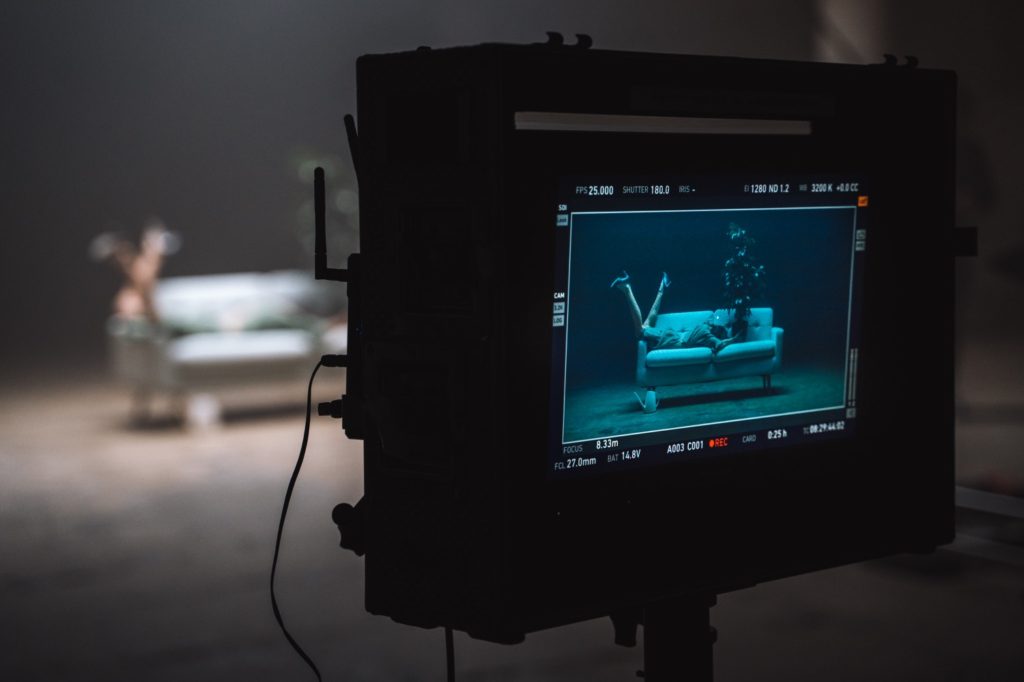Dance Film Festival Prague presented Roselyne in a dance on camera form. Cécile Da Costa´s solo was premiered online on February 11th, 2021. The movie was directed by Tereza Vejvodová – a director of dance movie Delimination, starring Markéta Jandová.
The Roselyne movie was presented together with another one – Dark Horse, choreographed by Lenka Vagnerová and starring Fanny Barrouquére. Whole process was supervised from London by David Hinton, a legend of a dance movie world and a longtime supporter of Dance Film Festival.
The premiere was successful not only in eyes of the audience but received also many positive reviews by critics.

“Roselyne is a very personal and thematically timeless authorial work combining aesthetic, stylized movement expression with words and singing. Cécile Da Costa reveals the feelings of a woman, alone and wandering in scattered thoughts, remembering the life she may have once lived or may not. She seeks certainties that would give her at least apparent support in a world outside her in which she does not know herself. The unpredictability of the disease of old age is a sad and frightening feeling, in which fear is not fed by the fear of life, but by the emptiness of the waiting infinity. “
Zuzana Smugalová: Roselyne, Dark Horse – personal losses and findings in new dance films. Dance News, February 19th, 2021.
“The original stage version received positive critical responses, and that is why it was exciting how the director of the current film version, Tereza Vejvodová, would deal with it. It is evident in the film that together with the choreographer they dived deep into the original theme and tried to find the essence of the original message, which they could communicate in cinematic language. A high value artifact was created. The director managed to get the gros thanks to careful work with timing, editing and detail.
Working with details plays a crucial role. Whether it’s a blurred image with fast movements, cuts in a wooded landscape or a distorted, almost unreadable reflection of a dancer’s silhouette. Everything fits together and speaks impressively about Roselyne’s personality. Although Czech dance cinema is in its infancy, Roselyne sets a relatively clear direction and represents a valuable contribution in the field of this emerging genre. “
Josef Bartoš: Dance Films as a Product of Today: Roselyne on the Black Horse. Art.ceskatelevize.cz, February 25th, 2021.
“In the film, the dancer Cécile Da Costa shows her Roselyne in a one-color “room” that resembles the original scenic black box and features only a couch and a plant in a pot. In the production, she covers her face with the plant all the time, but she does not even show her face in the film. Here, however, the plant is no longer an integral part of her body, the dancer avoids our view with film details – often only parts of her body or a dancing figure from her back are filmed. Her movement is civil and influenced by the effort to blend in with the interior, which makes insecure Roselyne seem to constantly justify her presence on stage.”
Simona Baková: Film Identity of a Dance Solo, MLOKi, March 3rd, 2021.
